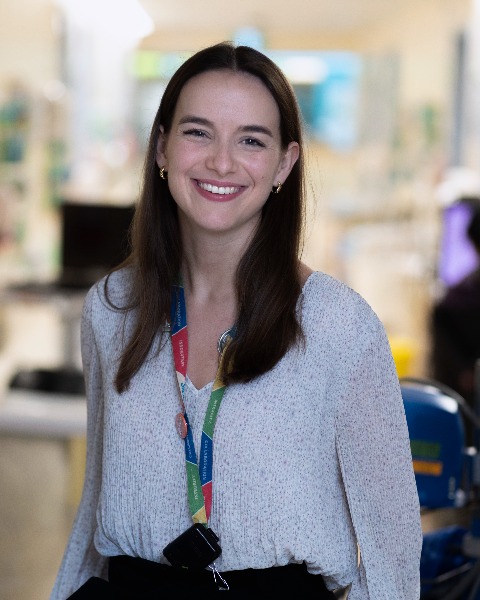Medical Education
Session: Medical Education 7
445 - Resident as Teacher: An Exploration of Early Teacher Identity Formation in Residency Training
Saturday, May 4, 2024
3:30 PM - 6:00 PM ET
Poster Number: 445
Publication Number: 445.1611
Publication Number: 445.1611

Kelsey Shannon, MD (she/her/hers)
Academic General Paediatrics Fellow
The Hospital for Sick Children
Toronto, Ontario, Canada
Presenting Author(s)
Background: Resident physicians play a critical role in teaching medical students, peers, and patients, and will become the next generation of clinician educators. The CanMEDS framework recognizes that as Scholars, physicians’ ability to act as effective teachers is a key competency in order to contribute to the dissemination and creation of medical knowledge.
Objective: The objective of this study was to investigate how resident physicians develop their skills and identity as teachers over the course of their residency training.
Design/Methods: Semi-structured, one-on-one interviews were conducted with 23 core paediatric residents completing their residency training through the University of Toronto from June 2021- June 2023. Using the analytic construct of the hidden curriculum, authors analyzed the interview transcripts for common themes relating to enabling and constraining factors within the educational environment that impacted residents’ development as teachers.
Results: Participants described key characteristics of the ideal physician teacher including someone who fosters psychological safety, role models vulnerability and uncertainty, and teaches using a constructivist approach or guided discovery. Participants of all training levels highlighted a progression in teacher identity over the course of residency training, with a solidification of this identity as a senior resident. Participants identified the tension between service needs and education, their presumed position in the medical hierarchy, perceived lack of medical expertise, and a limited formal curriculum on teaching as barriers to their development as teachers. Although participants identified significant intrinsic motivation to teach as residents, they felt there were minimal extrinsic rewards or recognition.
Conclusion(s): The development of resident physicians' teacher identity is complex. A limited formal curriculum on teaching during residency leads to an overreliance on socialization and the hidden curriculum in the development of residents as teachers. Improved formal education on teaching strategies and approaches, increased support for clinical service responsibilities for trainees, and rewarding resident teaching as a form of scholarly activity may help to better facilitate the development of both residents’ skills as educators and their teacher identity.
